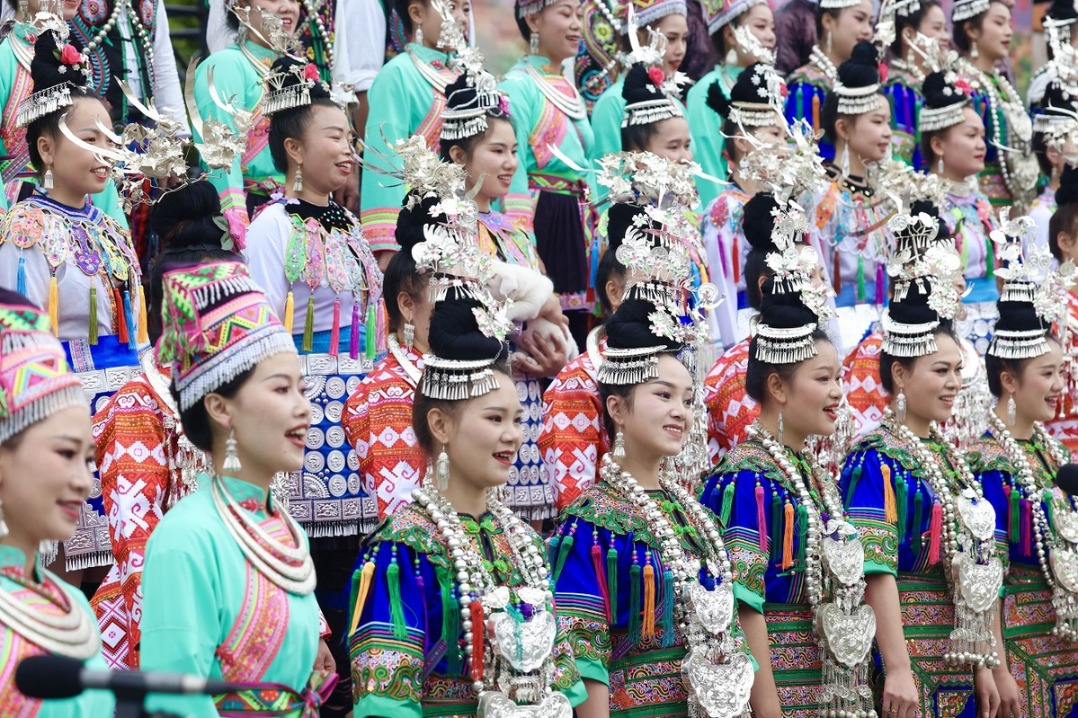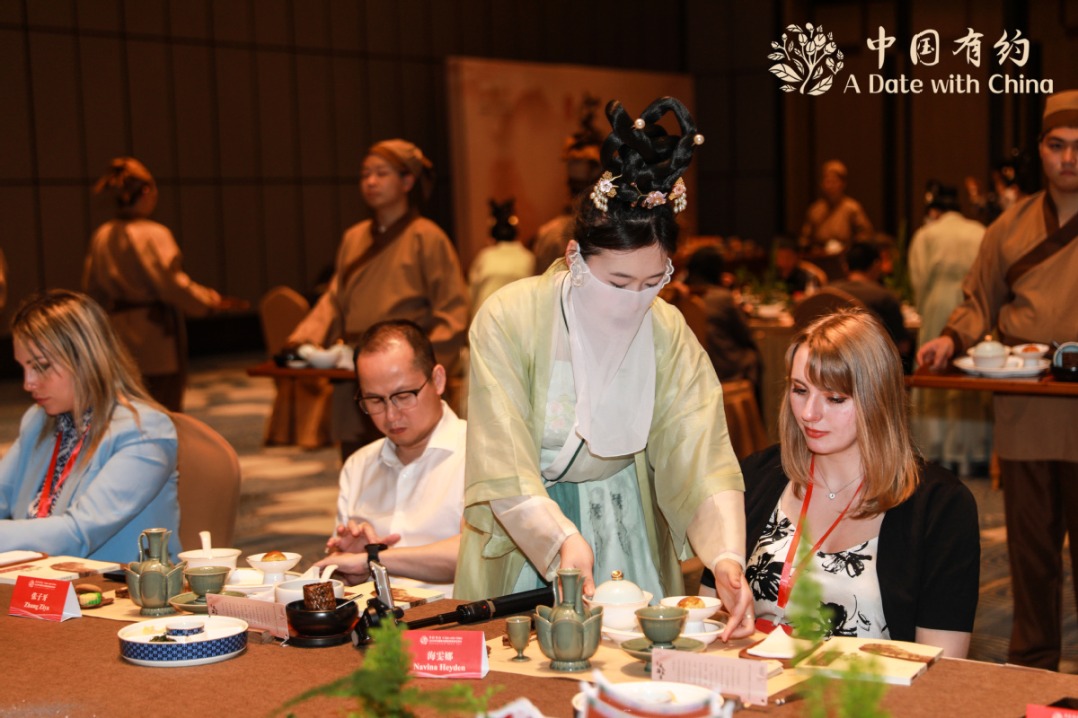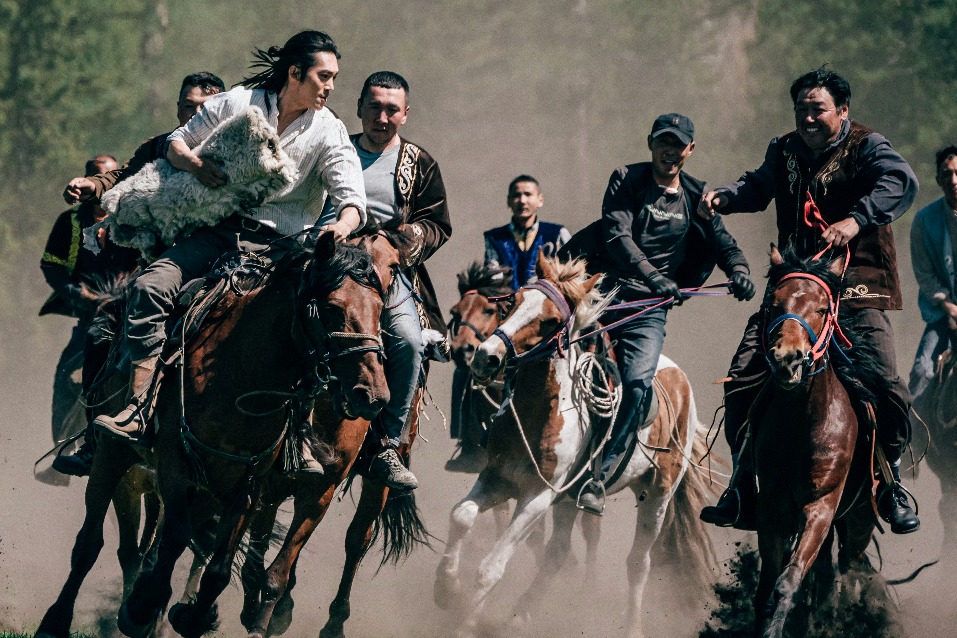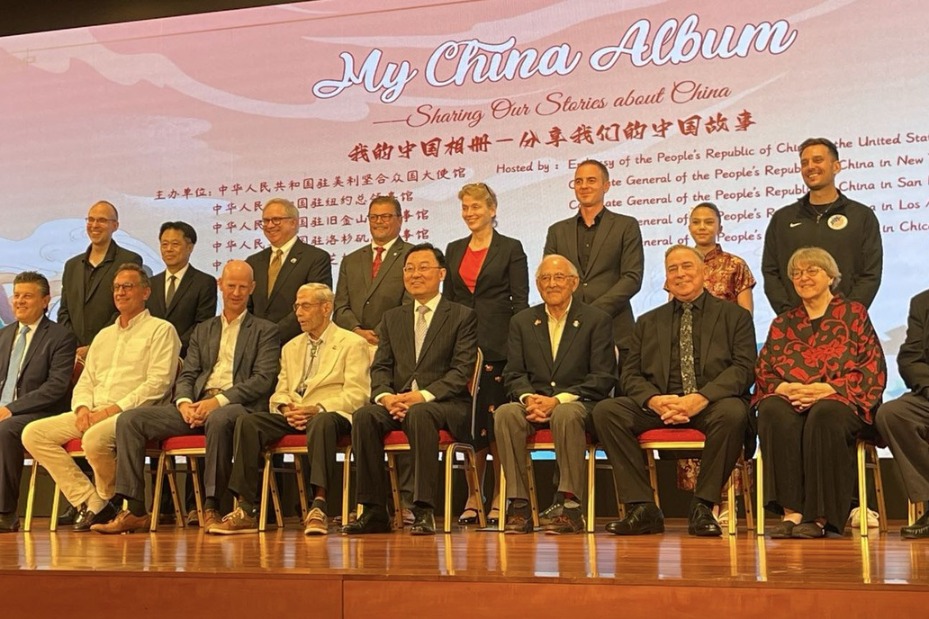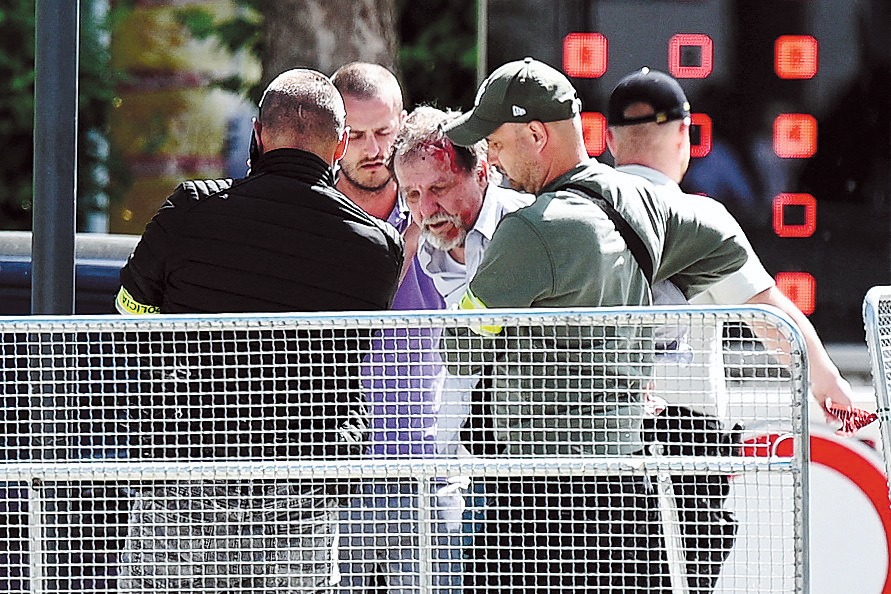Appeal to G7 falls on deaf ears
China Daily | Updated: 2021-06-22 07:36
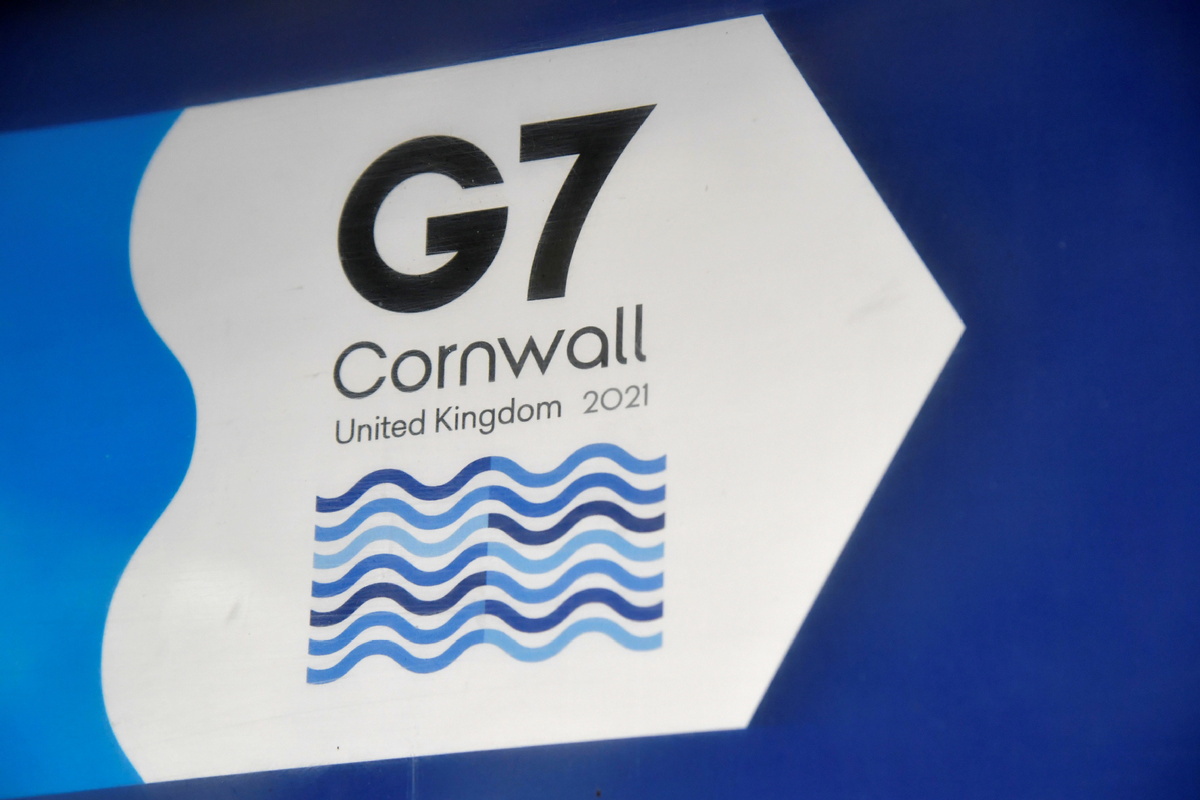
On June 12, during the G7 Summit, South African President Cyril Ramaphosa urged the seven countries, which together account for more than half of the world's total gross domestic product, to help finance the World Health Organization's program to boost COVID-19 testing, diagnostics and vaccines for Africa.
The WHO's Access to COVID-19 Tools Accelerator, of which the COVAX program is the vaccine pillar, has a $16.8 billion funding gap for this year.
Ramaphosa said: "If all G7 countries met their fair share target, this initiative would be two-thirds funded." He also demanded the G7 countries waive patents for COVID-19 vaccines and engage in negotiations that could help boost vaccine production particularly in the less-developed countries.
However, almost half a month has passed and none of the G7 countries has responded to his appeal.
While the raging of the COVID-19 pandemic in the United States and India has caught the attention of the world, Africa has been a forgotten continent in the fight against the virus.
Although the increase of infections worldwide is decreasing, Africa is the only exception, and some African countries are seeing the fastest growth of new cases on a weekly basis.
According to the WHO, around 90 percent of African countries will miss the September target to vaccinate at least 10 percent of their populations against the virus as a third wave of the pandemic looms on the continent. Every 100 African people receive 2.87 doses of COVID-19 vaccines on average now, the lowest among all continents.
Although the G7 countries in principle have agreed to provide less-developed countries with at least 1 billion vaccine doses and help them to improve their vaccine production capacity, none of these promises will materialize until 2022, before their own citizens are fully inoculated against the virus.
And many of the vaccines the G7 countries have donated to African countries are those their own citizens cast doubt on for a series of not-yet-explained problems exposed in their inoculation, production or transportation and storage.
When it comes to funding the poor countries' fight against the virus, the G7 Summit is nothing but a talk shop. If developed countries continue to ignore their international responsibility and only pay lip service to help the less-developed countries in the war against the virus, they will pay heavily for their selfishness in the end.





